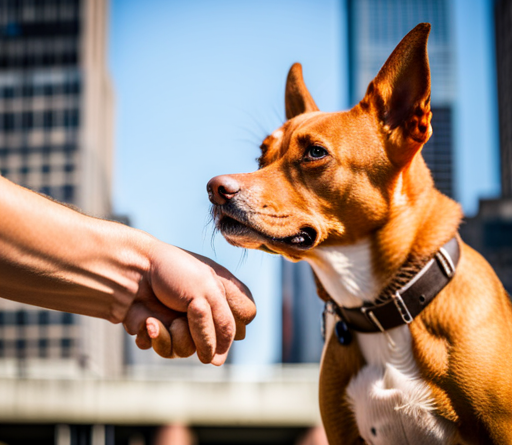Debunking Myths: Understanding Dog Bite Laws in New York
Dog bites can lead to complex emotional and legal issues. Understanding dog bites attorney NY is a crucial step for both pet owners and those who have experienced a dog bite incident. The intricacies of these laws often get obscured by common misconceptions, which can lead to misinformed decisions. This blog aims to debunk five common myths surrounding New York’s dog bite laws, ensuring clarity for every party involved.
Myth 1: “I Can’t Be Held Liable if My Dog Bites Someone on My Property and the Victim Was Unlawfully Present.”
This myth arises from a general misinterpretation of premises liability and dog bite statutes. In New York, it does not matter where the incident occurs if a dog bites someone, the owner can be held responsible. Additionally, whether or not the victim was lawfully on the owner’s property is irrelevant under New York’s “one-bite” rule.
This rule implies that a dog owner is liable for injuries inflicted by their dog if the owner knew, or should have known about the dog’s propensity to bite. The “one-bite” rule does not necessarily mean the dog has to have a history of biting; it suggests the owner should be aware of any behavior that could lead to aggressive actions.
Myth 2: “The Dog Can Get ‘One Free Bite’ Before an Owner Can be Sued.”
While there is a historical precedent for a “one-bite” rule, modern statutory and case law in New York have evolved. Presently, the “one-bite” notion is a simplification that does not fully encompass a dog owner’s liability. In essence, owning a dog with a known vicious propensity is equivalent to not just negligence, but strict liability in New York, meaning the owner is responsible, even without negligence.
It is vital to understand that any evidence or history of the dog acting aggressively can be used against the owner in a potential lawsuit. This could include any prior incidents of the dog growling, barking, or lunging at people, which could signify a potentially dangerous dog.
Myth 3: “Small Dogs Can’t Really Do Much Damage, so There’s No Need to Worry About Liabilities.”
The notion that small dogs are less likely to inflict serious injuries and, thus, absolve their owners from liability is entirely false. Size does not determine a dog’s potential danger. According to New York law, any dog, regardless of breed or size, can be considered dangerous if its behavior demonstrates a propensity to cause injury.
Furthermore, liability is determined by the severity of the victim’s injuries, not the dog’s capability to cause harm. Even a small dog can cause significant and costly injuries, particularly in children and the elderly, due to their height and the likelihood of bites to the face and throat.
Myth 4: “If a Dog Bite Victim Provokes the Dog, the Owner Can’t Be Held Liable.”
Provocation is a legal defense that argues the person who was bitten incited the dog to attack. In New York, provocation usually refers to an action by the victim that could be reasonably expected to cause a reaction in the dog. If the victim is found to have provoked the dog, it does not necessarily absolve the owner of liability, but it could affect the outcome of the case.
For provocation to be a valid defense, it must be proven that the victim’s actions directly and immediately led to the dog bites attorney NJ. Otherwise, the owner may still be held liable, especially if the provocation would not typically lead to an attack by a well-behaved dog.
Myth 5: “Filing a Lawsuit for a Dog Bite is an Easy Way to Get a Large Settlement.”
People often assume that dog bite cases are straightforward and yield high settlements. The reality is more nuanced. The outcome of a dog bite claim depends on various factors, including the evidence available, the extent of the victim’s injuries, and the conduct of both the dog owner and the victim.
While New York has strict liability laws, it does not guarantee a substantial settlement. A successful lawsuit requires documentation of the incident, proof of the dog’s history and the victim’s innocence, and negotiation skills to reach a fair settlement. Every case is unique, and it is crucial to consult with a legal professional who specializes in dog bite litigation to understand the potential outcomes realistically.
Navigating dog bite laws in New York can be complex, but by dispelling these myths, both dog owners and potential plaintiffs can approach the matter with more knowledge and confidence. If you or someone you know has been involved in a dog bite incident, seeking legal counsel is the next step to ensure that your rights and responsibilities are fully understood and protected.



